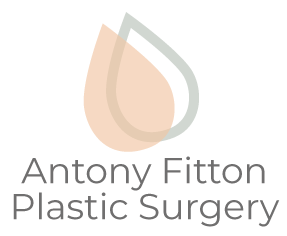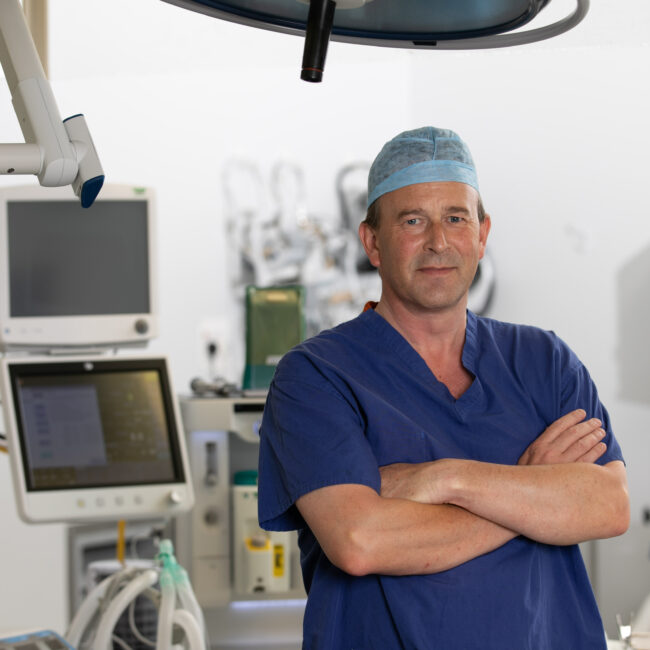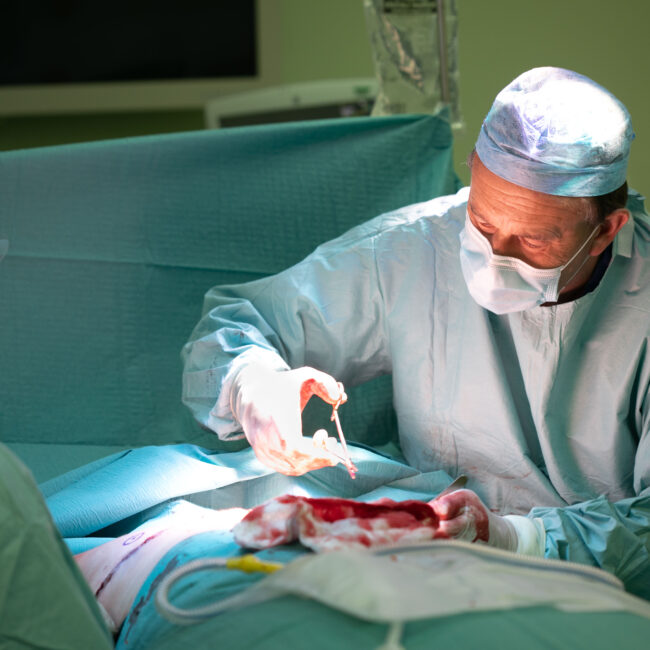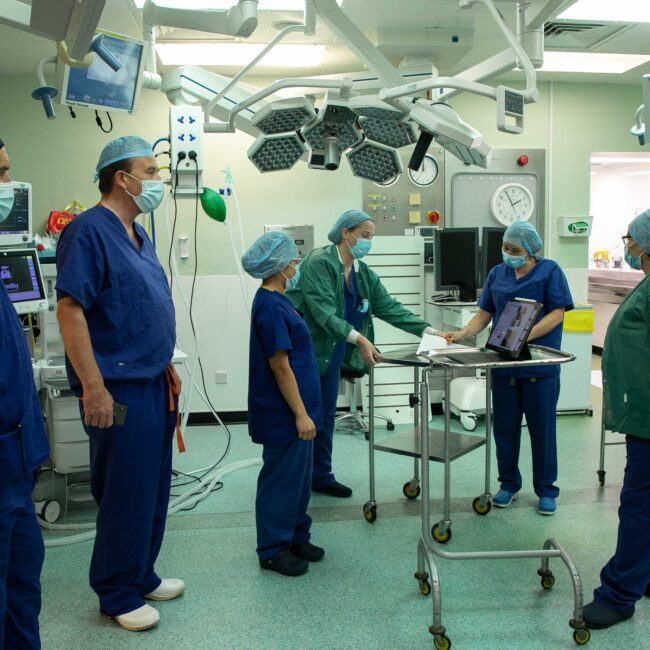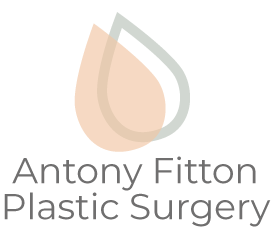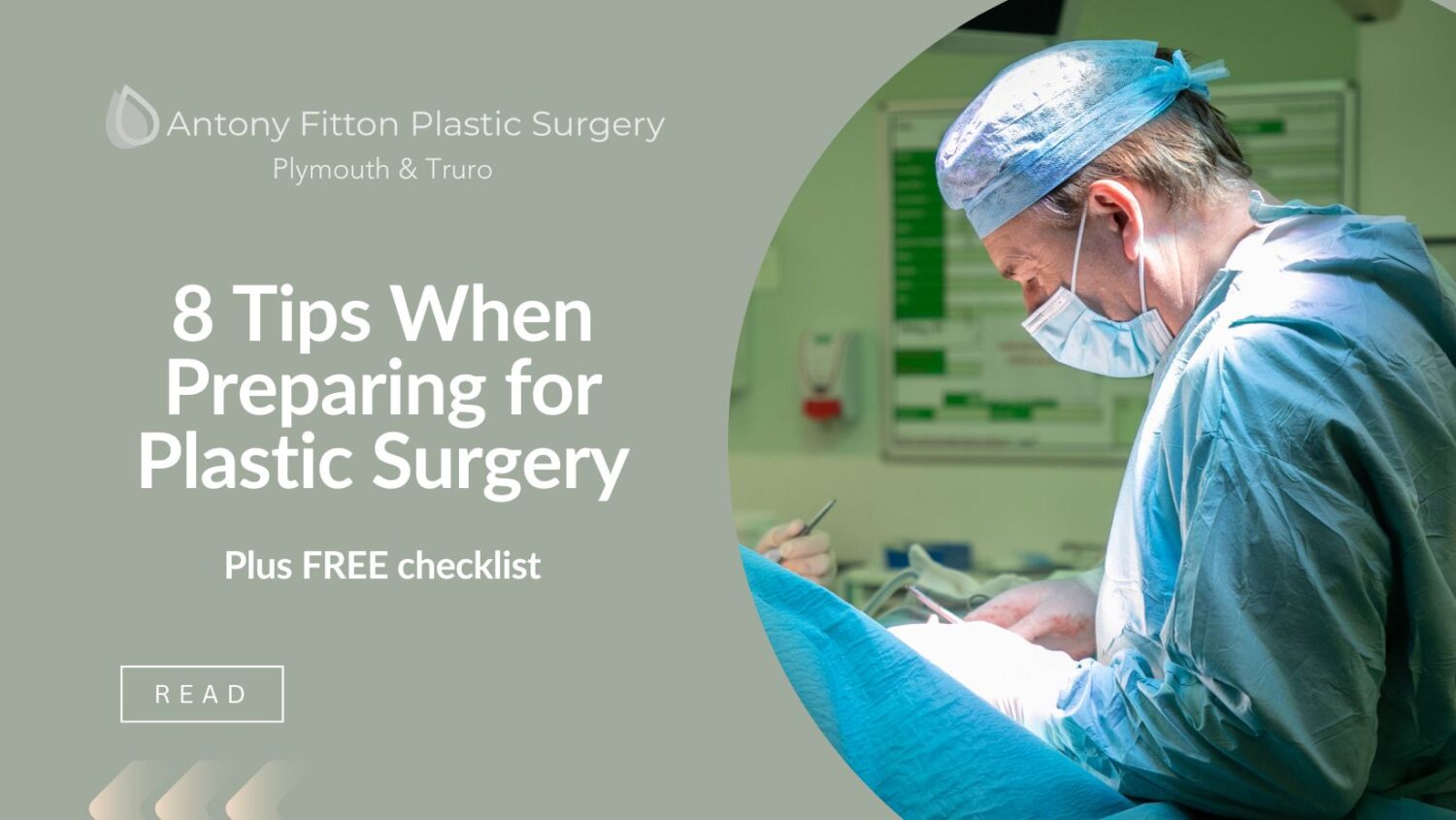
8 Tips when Preparing for Plastic Surgery
Attending the hospital for plastic surgery treatment can leave you feeling anxious and uneasy.
As such, there will be a lot for you to consider so we are sharing our tips for preparing for Plastic Surgery so you feel ready and relaxed.
Following instructions and bringing all that you need from home will make your hospital stay more comfortable and help avoid unnecessary cancellations of your treatment.
Don’t worry though; when you are scheduled for your treatment, the hospital will write to you with clear information about what to do and what you need to bring.
1. Packing for surgery
Make sure you have everything you need. If you are staying in the hospital, make a list of all the things you might need and start packing a few days before. Think about nightwear, day clothes, underwear, dressing gown and slippers, a small hand towel and toiletries, sanitary products, books or magazines, a small amount of cash, your regular medication and the doses you take, glasses or contact lenses if you use them, and an address book with important numbers. Many hospitals now allow mobile devices but check beforehand.
Download your FREE checklist – 8 tips when preparing for plastic surgery
2. Health and Fitness
Be as well and fit as you can be. Research has shown that patients who maintain a reasonable level of fitness before surgery, have better results. Even moderate exercise can help so try to do what you can and take advice from your GP if you’re not sure. Think about your diet and lifestyle – healthy food and giving up habits such as smoking have been shown to improve recovery post-surgery.
3. Eating and drinking before surgery
Don’t eat or drink if you’ve been told not to. If Mr Fitton has advised you to stop drinking or eating for a specified period of time before your operation, always follow his advice. This includes light snacks, sweets and water. If you don’t then your operation might be cancelled.
Having an empty stomach greatly reduces the risk of vomiting under anaesthetic. If you are on insulin for diabetes you will still need to follow the fasting advice, but let the medical team know about your medical condition.
4. Anesthesia
How you’ll be numbed during the operation often depends on the type of surgery you’re getting.
- Local anaesthesia is where a small area of the body is numbed and you remain fully conscious – often used during minor procedures.
- General anaesthesia is where you’re totally unconscious and unaware of the procedure – often used for more serious operations.
You inhale some types of anaesthesia, while others you get from a shot or through a vein (IV).
5. Help your mental well-being
It is normal to feel nervous or anxious before surgery. Recognising those feelings and taking steps to create a positive mindset can help you go into surgery ready for a positive outcome.
6. Travel arrangements
Make sure you can get there. Don’t forget to make travel arrangements, as it is unlikely that you will be able to drive yourself to and from the hospital. If you are relying on friends or family, give them plenty of notice so they can ensure they are free to help.
7. Pain management
Anti-inflammatory medication can help significantly. They can help patients manage pain – particularly of damaged joints. This can allow them to carry out daily activities and maintain a level of fitness. In the time leading up to and after your surgery, you should make sure you’ve got enough medication stored. This will eliminate the risk of running out at what could be an important time in your recovery. Ask your GP or consultant for advice on how often you should self-medicate.
8. Visiting Times
Make sure you give your family and friends plenty of notice about your operation so they can take time off work to be with you, if necessary.
Check your hospital’s policy on visiting times and let your family and friends know.
Mr Fitton holds a MB, BS(hons)., MD., FRCS(eng)., FRCS(plast),. Fellowship at the Royal College of Surgeons and is licensed by the GMC.
Things to pack for the hospital
If you’re staying in the hospital for a night or two, you may want some creature comforts.
- Nightdress or pyjamas
- Earplugs
- Eye mask
- Day clothes
- Clean underwear
- Dressing gown and slippers
- Small hand towel
- Toiletries – soap, toothbrush, toothpaste, shampoo, deodorant
- Sanitary towels or tampons
- Razor and shaving materials
- comb or hairbrush
- Books or magazines
- Small amount of money
- Medicines you normally take, and a list of the doses for each medicine
- Glasses or contact lenses with case
- Notebook and pen
- Important phone numbers, including your GP’s contact details
- Device chargers
- Headphones
Things to avoid pre-surgery?
The things to avoid before your surgery will depend on the type of surgery you are having and the advice from Mr Fitton. However, there are a few things you should definitely avoid. For example, you should avoid doing any activity that might lead to you damaging the skin around the affected area.
Mr Fitton will need healthy, undamaged skin to perform the operation. If you’ve recently cut, scraped or have a wound around the affected area, you’ll need to let your surgeon know. Your surgery may need to be rescheduled for a later date.
Choosing the right hospital for surgery
At Antony Fitton Plastic Surgery we’re passionate about giving patients a positive experience and excellent clinical care every step of the way.
We offer an environment for your care that meets high standards for clinical governance centred on your safety.
You will have a choice of having both consultation and treatment at either the Nuffield Health Hospital, Plymouth or the Duchy Hospital, Truro.
Plastic Surgery Finance Options
Plastic surgery finance options vary depending on the clinic or facility you choose, but generally include payment plans and financing through third-party lenders.
These plans can allow you to pay for your procedure through manageable monthly payments rather than a lump sum upfront.
To make it easy, we’ve teamed up with Nuffield Health Plymouth and Duchy Hospital Cornwall so you can quickly and easily apply for a loan.
The price you are given at the time of consultation will include everything from the procedure itself, to the cost of your overnight stay and aftercare appointments.
It is important to thoroughly research and compare financing options to determine the most affordable and feasible method for you.
For a no obligation quote
For a no obligation quote, tailored specifically to you, please book in for your consultation with Mr Fitton. Your requirements will be discussed in full confidence in a friendly and relaxed atmosphere.
Following your consultation, the price you are quoted includes everything and there are no extra or hidden costs. Advice, treatment and aftercare are all part of our package to ensure your experience is positive from beginning to end.
Summary
Managing your expectations about plastic surgery is important regardless of which procedure you wish to have done. It’s critical to have realistic expectations about plastic surgery, but to also ensure you are on the same page as your surgeon.
To find out more about having a treatment, book your no obligation consultation. You will meet with Antony Fitton and receive expert advice tailored to your needs.
Please call us on 07494 250277 or book your consultation using our online form.
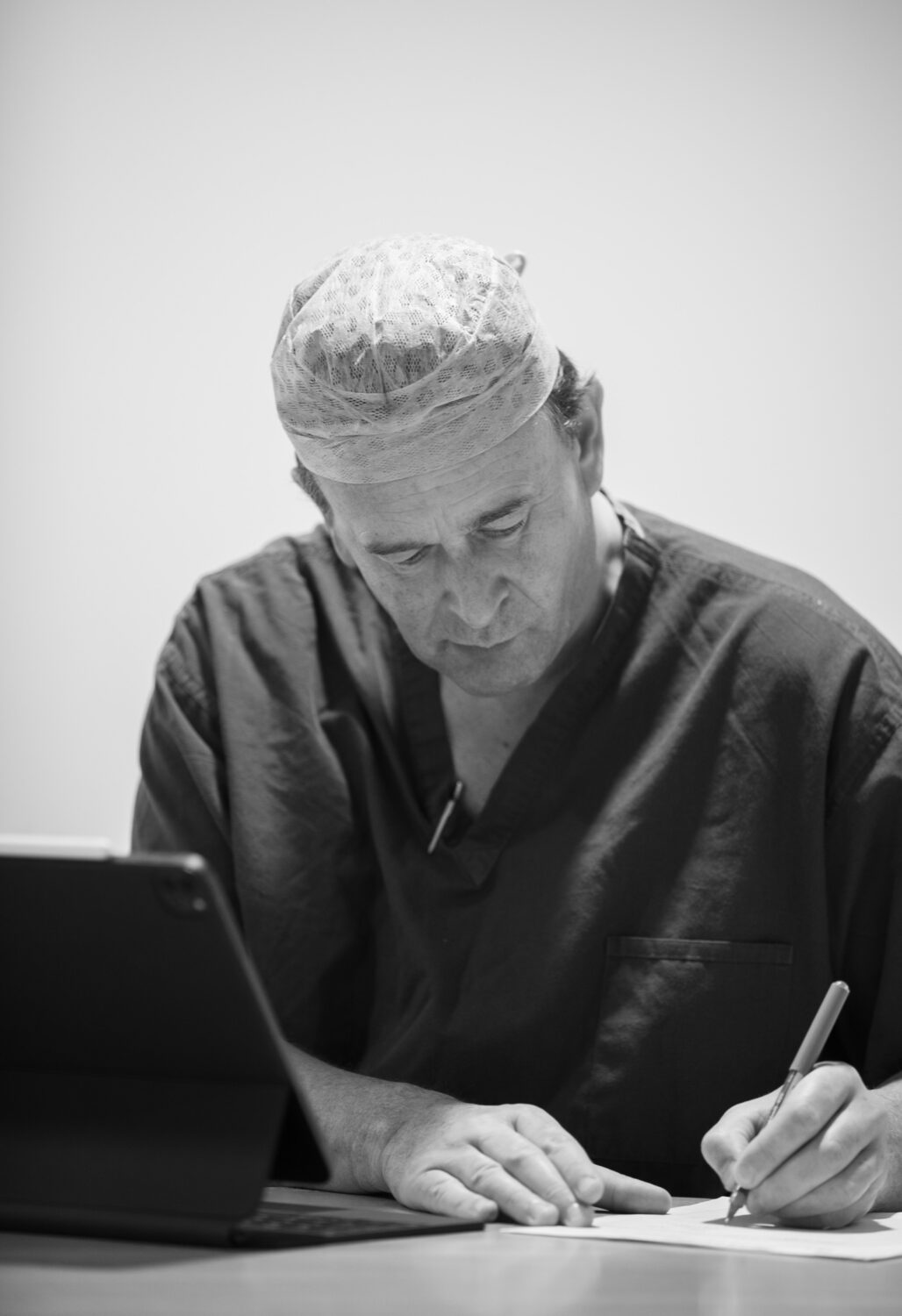
About your Plastic Surgeon: Mr Antony Fitton
MB, BS(hons)., MD., FRCS(eng)., FRCS(plast).
Mr Antony R Fitton qualified at the Royal London Hospital in 1989 with distinction in Surgery. He holds a MB, BS(hons)., MD., FRCS(eng). and FRCS(plast). (Fellowship at the Royal College of Surgeons).
He is a member of BAPRAS (British Association for Plastic, Reconstructive and Aesthetic Surgeons), BAAPS (British Association for Aesthetic Plastic Surgeons), BSSH (British Society for Surgery of the Hand).
Mr Fitton has received the Paton & Masser Award and the CM Matthews Award from the Royal College of Surgeons of England or his research in nerve injury.
Mr Fitton is licensed as Plastic and Reconstructive Surgeon by the GMC.
Life-changing result
"I just wanted to thank you (and your team) for the life-changing result of my top surgery. This will provide me with the freedom that I’m excited to enjoy, including being able to go swimming and actually staying cool in summer! All jokes aside, you have helped to mark a new chapter in my life, for which I am incredibly grateful… ALL the best."
Our appearance has an impact on how others perceive us. We are experts in creating an improved version of you. Click on a procedure below for more information.
Body surgery (or contouring) can involve all or one of the following, with prime focus on areas such as the buttocks, tummy, thighs, arms, and breasts. Click on the links below for more information.
There are several different types of hand surgery but all aim to restore functionality while making the hand look as normal as possible. Click on the links below for more information.

Should I Lose Weight Before a Tummy Tuck?
Discover if you should I lose weight before a tummy tuck and if it can enhance your surgery results
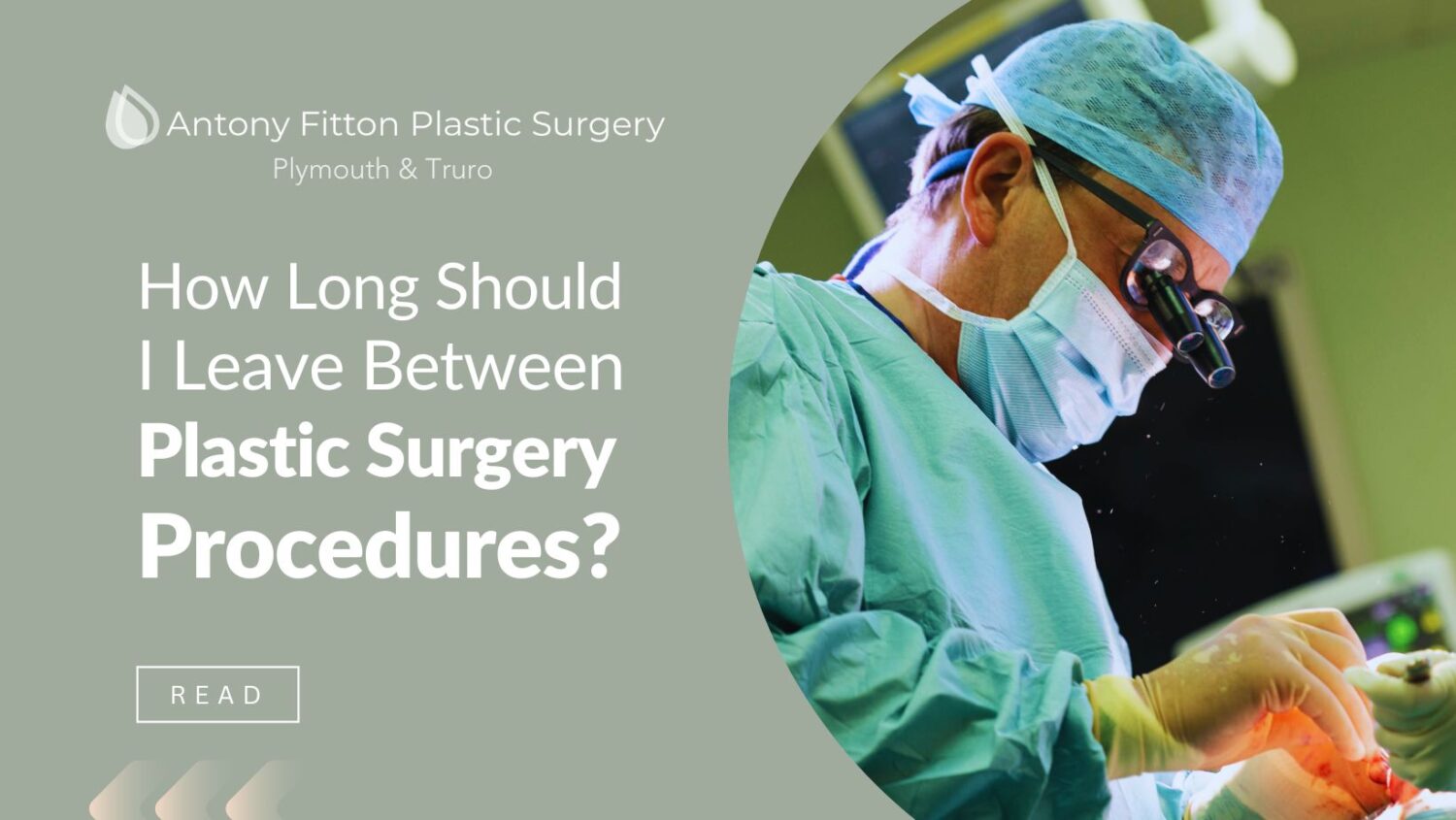
How Long Should I Leave Between Plastic Surgery Procedures?
Discover how long you should leave between plastic surgery procedures for optimal recovery and effec
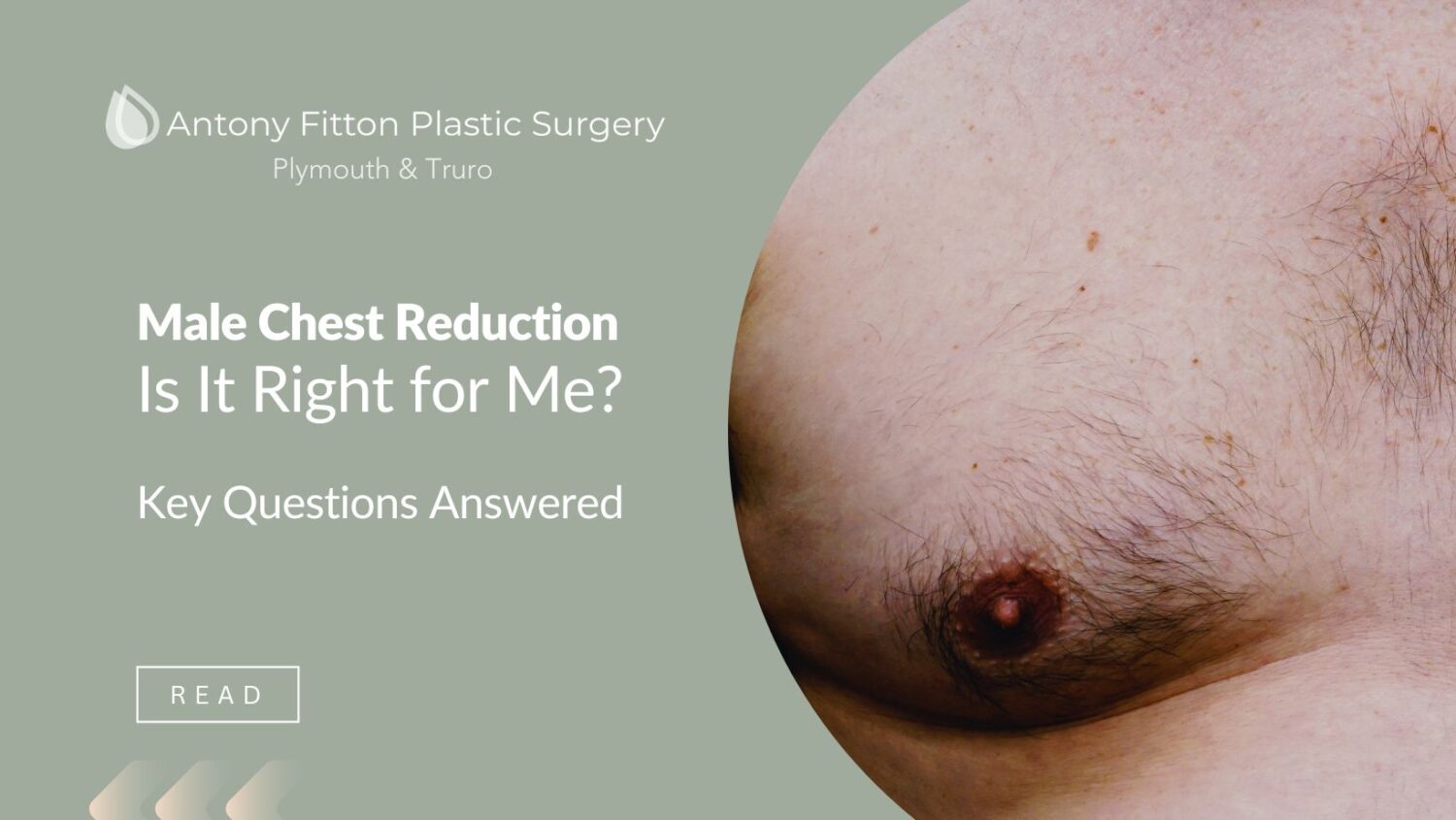
Is Male Chest Reduction Right for Me? Key Questions Answered
Is Male Chest Reduction Right for You? This blog answers crucial questions on gynecomastia surgery s



